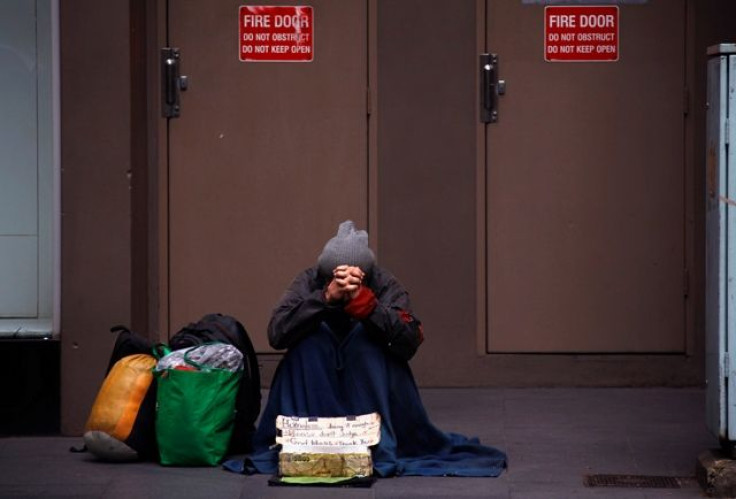Sydney, Melbourne to face a potential housing bubble, says Nobel Prize laureate

Nobel Prize laureate Professor Vernon Smith said it's time Australia should learn lessons from the mortgage bubble in the United States that led to a housing crash and financial crisis at a global level.
Professor Smith, who was honoured in 2002 for his work in experimental economics, said that Sydney real estate is growing by leaps and bounds and so is Melbourne. He appreciated that unlike the U.S, borrowers in Australia, who cannot repay house loans, are prevented from simply dropping off their house keys to the bank. He believes this particular system has facilitated the U.S. crash. However, he warned that a property bubble could harm some property investors.
Professor Smith feels "free economies involve losses. If you're not willing to take the losses you can't really brag about the gains” and considers the rise in prices as a part of the normal functioning of the bourgeois economy.
While addressing an event at the Macquarie Graduate School of Management , Professor Smith about risks of property speculation in Australia. He believes the nation has the capacity to avoid similar impacts of the U.S. housing crash in 2007. "Households then had a severe balance sheet crunch, many were living in homes where they owe more than the home is worth," he said.
He spoke of the tensions that arise from both sides, like borrowers stop spending money because they get into the debt reduction mode while banks suffer because they are in charge of those bad assets. According to the ABC , with the warnings of a potential property bubble, major banks have announced increased interest rates on interests-free loans and property investment loans. Smaller banks have been also pressured by the banking regulator APRA (Australian Prudential Regulation Authority) to lift capital requirements as a bolster against potential shocks.
Professor Smith, who studied the lead up to the U.S. housing crash and its aftermath, said Australia would be wise to learn lessons from the U.S. experience and heed the advice of local regulators to reduce exposure to bad loans.
Contact the writer at feedback@ibtimes.com.au, or let us know what you think below.






